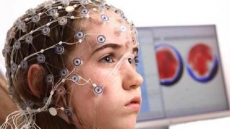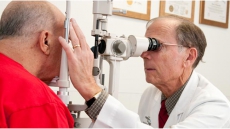A genetic mutation that occurs predominantly among people of East Asian descent disables a common metabolic protein called ALDH2, encoded in the gene, and leads to an increased risk of heart disease and poorer outcomes after a heart attack, says a study.
"It is the first time ALDH2 has been shown to play a role in cell survival. Now we have come to understand that when the ALDH2 gene is mutated, cells are likely to undergo programmed cell death, causing tissue damage," said lead author of the study Antje Ebert from Stanford University' School of Medicine in the US.
The researchers used stem cells to learn how this common mutation in Asians affects heart health.
They did so by comparing heart muscle cells, made from induced pluripotent stem cells, or iPS cells, of people carrying the mutation with those devoid of it.
IPS cells are created in the laboratory from specialised adult cells like skin. They are pluripotent, meaning they can be coaxed to become any cell in the body.
The iPS cells in this study were created from skin samples donated by 10 men, ages 21-22, of East Asian descent.
"This study is one of the first to show that we can use iPS cells to study ethnic-specific differences among populations," said Joseph Wu from Stanford.
"These findings may help us discover new therapeutic paths for heart disease for carriers of this mutation," Wu added.
"In the future, I believe we will have banks of iPS cells generated from different ethnic groups," Wu noted.
Drug companies or clinicians can then compare how members of different ethnic groups respond to drugs or diseases, or study how one group might differ from another, or tailor specific drugs to fit particular groups, he added.
The study appeared in the journal Science Translational Medicine.





